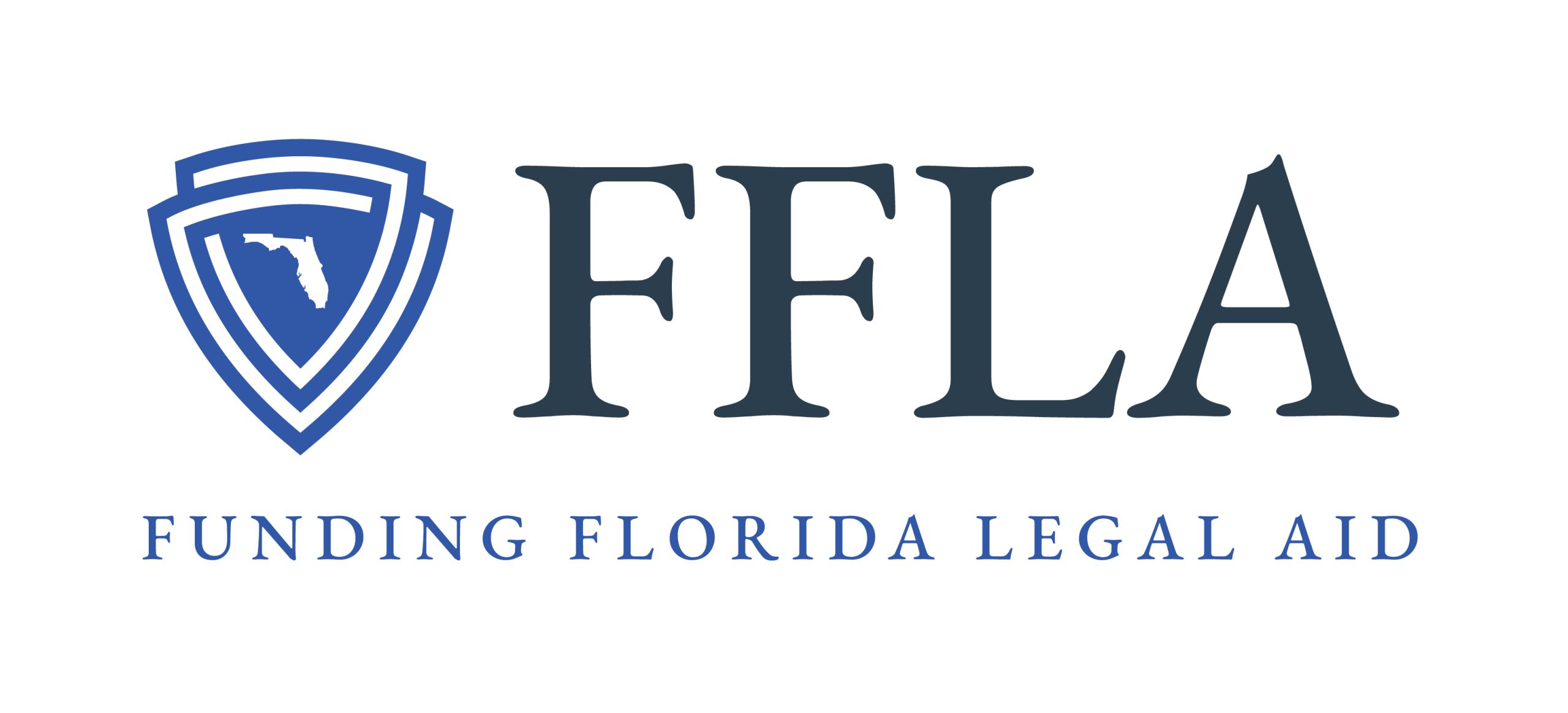Medical Legal Partnerships
Health + Legal Care: Rx for Better Health Outcomes
(Para español, haga clic aquí.)
What is a Medical-Legal Partnership?
A Medical-Legal Partnership places legal advocates side-by-side with healthcare professionals and their patients.
In an MLP, legal advocates help healthcare professionals address the root causes of a patient’s poor health that cannot be cured by medicine alone — causes which come from legal troubles.
Civil legal aid advocates work inside clinics, hospitals, and VA medical centers. They train the doctors and care specialists who work at those locations to talk with their patients and to identify any legal problems that could be affecting the patient’s health.
MLP lawyers operate like any other healthcare specialist.
Just like other specialists, the legal advocates provide consultations to the healthcare providers. Their specialty is diagnosing the legal barriers that keep patients from achieving and maintaining good health.
They also provide multiple levels of legal services to patients— from simple advice all the way up to full representation in litigated court cases.
MLPs look at the bigger picture.
Medical-Legal Partnerships do not only affect individual patients and healthcare professionals. MLPs strive to transform clinic practice and population health by recognizing the need for broader policy change and actively working toward it.
What do legal needs have to do with patient and population health?
Health problems can originate from social and legal issues.
Research has shown that only about 40% of a person’s health is determined by biology and genetics. The other 60% is determined by environmental and social factors — the conditions in which we are born, live, work, and play — the “social determinants” of health.
Often times, these social determinants are affected by our unmet civil legal needs, creating barriers to healthy eating, suitable housing, employment, and safety.
Many people suffer from legal adversity.
According to the Legal Services Corporation 2022 Justice Gap Report, 3 out of 4 low-income households experienced at least 1 civil legal problem in the past year. They do not get any or enough legal help for 92% of these problems which they report substantially impact their finances, mental and physical health, safety, and relationships.
Treating legal issues betters a patient’s overall healthcare.
Addressing the unmet legal needs of patients leads to better compliance with treatment plans, fewer unnecessary emergency room visits, fewer cases of uncompensated care, and overall improved patient and population health.
How can legal services help the healthcare system improve patient and population health?
Social determinants — external issues such as our personal life or living environment — play a key role in our overall health and are significantly influenced by legal problems that people are struggling with. For example, safeguarding a person from illegal discrimination at their workplace helps keep them in their job and help them keep their access to health insurance through their employer. Fixing a patient’s legal issues will often lead to a much healthier outcome, such as how helping a person keep their monthly food stamps could prevent a patient from having to choose between food and medication.
Those are just two examples taken from Kate Marple’s chart “Framing Legal Care as Health Care,” published by The National Center for Medical-Legal Partnership. For more applicable, real-world examples click here to view the entire chart.
Citation: Marple, Kate. Framing Legal Care as Health Care. Washington, DC: The National Center for Medical-Legal Partnership, January 2015.)
Are you a lawyer, healthcare provider, or administrator interested in starting your own MLP?
Contact CLSMF Manager of Public Interest and Medical-Legal Partnerships, Christina Russo Walters.
To learn more about CLSMF’s MLP initiatives, click on the projects listed below.

 Home
Home













